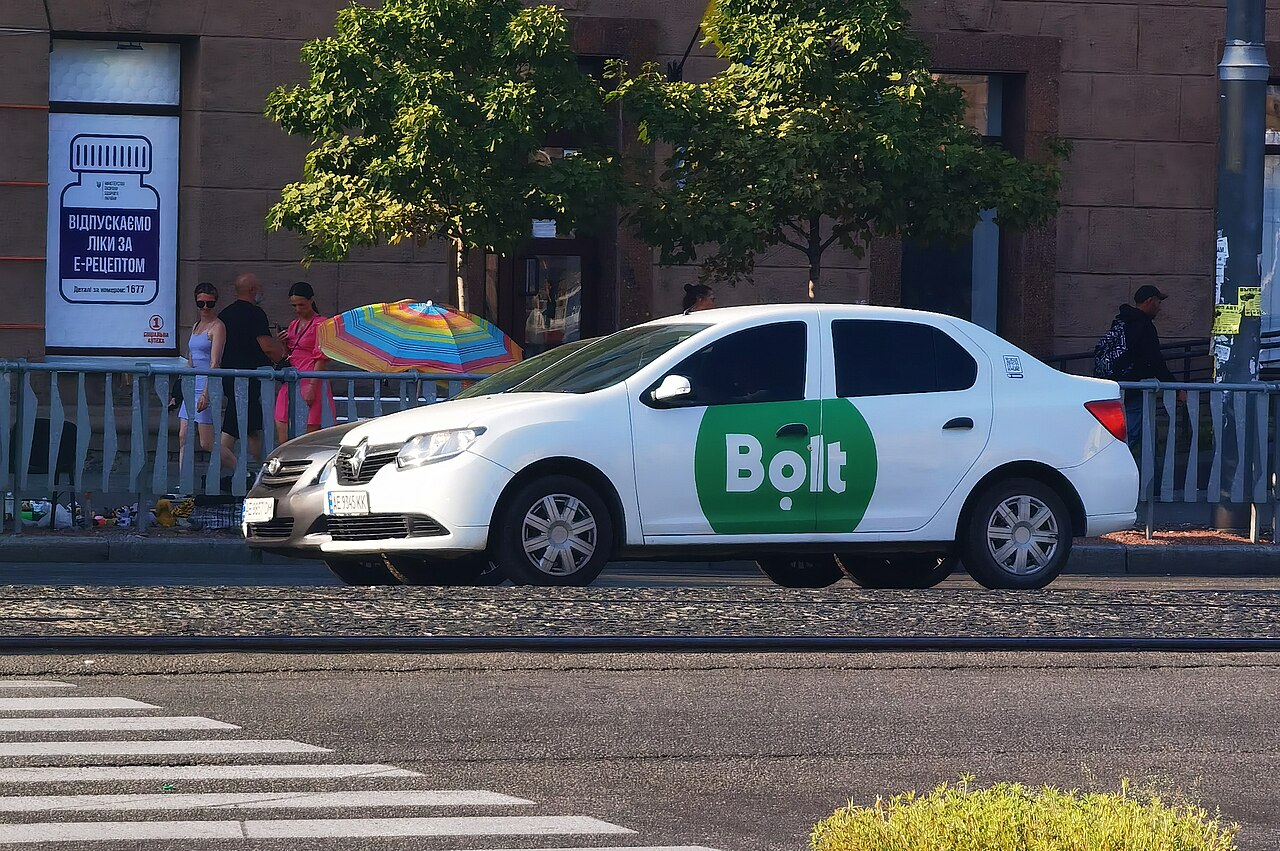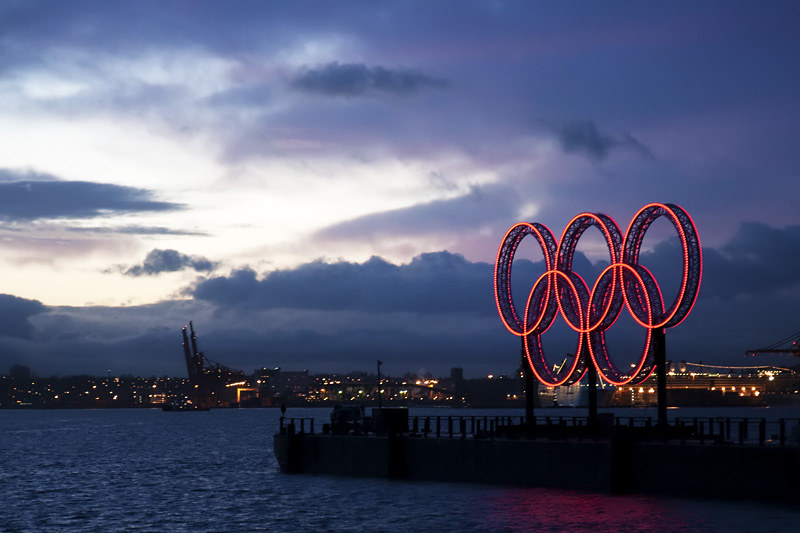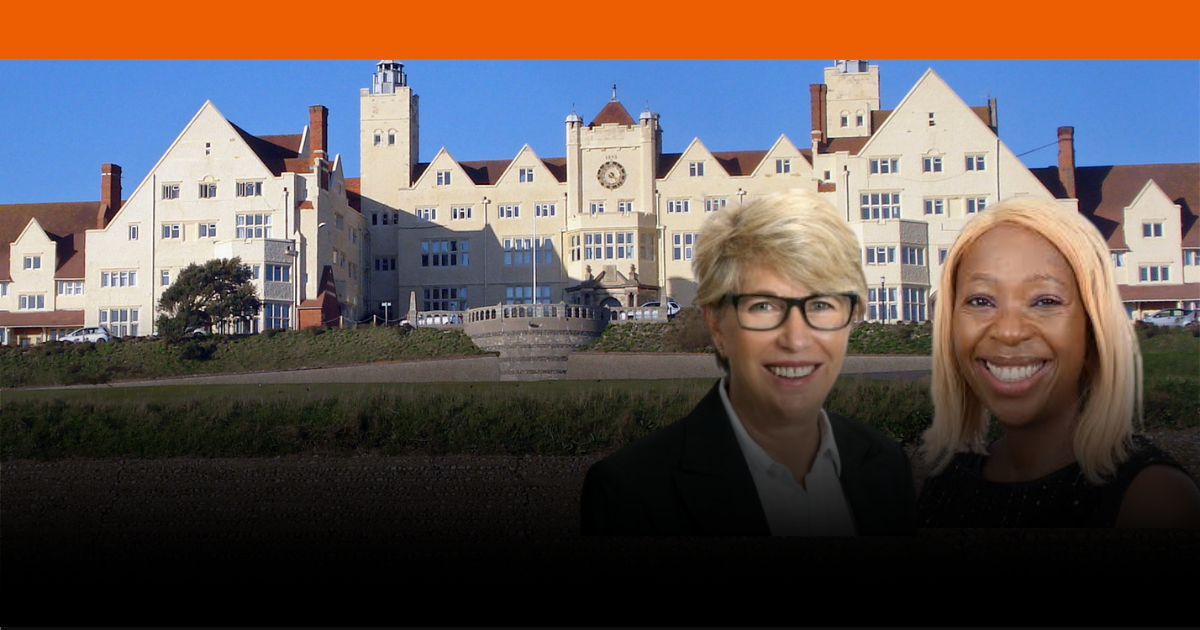Ukrainian President Volodymyr Zelensky will touch down in Pretoria later this month for a long-awaited state visit that’s been brewing behind the scenes for over a year. The official invite from President Cyril Ramaphosa was confirmed earlier this year on 15 January, and after a few scheduling shuffles, the visit is now set for 24 April.
It’s a significant move. And not just because Zelensky is known for dramatic wartime speeches and his now-signature olive green outfits. His visit to South Africa, rare for a Ukrainian leader, comes at a time when global diplomacy is having a bit of a soap opera moment: think Russia-Ukraine war, US-Russia drama, SA-US tensions, and of course, South Africa’s ever-ambiguous “non-aligned” foreign policy.
But don’t let the friendly handshake photo-ops fool you; this visit has sparked plenty of political backlash at home, especially from parties and movements that see South Africa’s closeness to Russia as sacrosanct.
Why is Zelensky coming here anyway?
Let’s rewind a bit.
Ukraine has been wanting this state visit for ages. Zelensky has publicly expressed interest in coming to South Africa multiple times—most recently in December during an African media briefing at the International Food Summit. “I will be in Pretoria with pleasure,” he said, adding with a smile, “but you must ask Mr Ramaphosa because I think he is more busy.”
Ramaphosa and Zelensky have had several calls and in-person meetings since Russia’s full-scale invasion of Ukraine in February 2022, including one at the World Economic Forum in Davos. The relationship warmed further when Ramaphosa led a peace delegation of seven African leaders to Kyiv and Moscow in June 2023, presenting a 10-point peace plan as part of the African Peace Initiative.
So this visit is not exactly coming out of nowhere. It’s the next step in what Presidency spokesperson Vincent Magwenya described as South Africa’s ongoing engagement with both sides of the conflict in an attempt to foster dialogue. According to him, Ramaphosa will use the meeting to reaffirm SA’s position: “This war cannot be won on the battlefield—it must be resolved through dialogue and negotiation.”
But what does it mean in the bigger picture?
The timing is spicy.
Zelensky’s trip follows a tense and, by all accounts, explosive meeting with US President Donald Trump and Vice President JD Vance at the White House last month. That meeting ended early and abruptly—with no deal signed and the US temporarily suspending over $1 billion in military aid to Ukraine. Yikes.
That left Europe scrambling to patch things up, with leaders meeting in Brussels to formulate a new plan to support Ukraine.
Meanwhile, Zelensky is turning to Africa, strategically important, often diplomatically neutral, and rich in minerals the world’s green energy future depends on. Hosting Zelensky now gives South Africa global relevance as a potential honest broker, a country that can still talk to both sides.
Political analyst Dr Oscar van Heerden called the move “brilliant,” saying Ramaphosa is playing 4D chess: “Trump might want to dismiss South Africa as a small African country, but we’re yet again able to demonstrate that we can operate above our station internationally.”
Protests, puppet claims, and platinum conspiracies
Of course, not everyone’s clapping.
Zelensky’s invitation has stirred the political pot at home, uniting both radical and centrist critics who see the visit as anything but neutral.
Leading the charge is the South African Communist Party (SACP), a historical ally of the ANC. On Sunday, spokesperson Alex Mashilo strongly opposed the visit, calling it “ill-considered” and urging the government to withdraw the invitation “without delay.”
Mashilo didn’t hesitate to provide a reason for the parties’ disapproval: “Zelensky’s term as President of Ukraine has expired. No new elections have taken place in Ukraine, unlike in Russia, rendering his status illegitimate,” he claimed, adding that Zelensky is merely “a puppet of the US-led imperialist bloc.” (Worth noting, though: while Mashilo cites Russia’s elections as a mark of legitimacy, President Vladimir Putin has clung to power for over two decades, often criticised for turning Russia’s democratic process into little more than a performance).
Not to be outdone, the uMkhonto weSizwe (MK) Party, led by figures close to former President Jacob Zuma, also voiced fierce opposition. Secretary-General Floyd Shivambu labelled Zelensky a “puppet president” of NATO who represents “Western proxy wars” and vowed to organise street protests when he arrives.
This stance isn’t out of the blue. The MK Party, closely aligned with a more radical, anti-Western faction of South African politics, shares a deep affinity with Russia, drawing on the Soviet Union’s historic support for the anti-apartheid struggle. In their eyes, supporting Ukraine, or even hosting Zelensky, could amount to betraying that legacy and aligning with the West in what they see as a geopolitical tug-of-war.
“The MK Party strongly condemns President Ramaphosa’s misguided decision,” according to Shivambu. According to MK, this visit aligns South Africa with European imperial interests and undermines our historical stance of non-alignment.
While political tensions are heating up, so is the disinformation … and it’s getting wild.
A viral video circulating online claims Zelensky has bought a 51% stake in Northam Platinum, a major South African mining company. The video, made to look like it came from SABC News, has racked up millions of views. But here’s the problem: it’s completely fake.
In fact, it’s so fake it’s embarrassing. The footage has robotic voiceovers, dodgy captions, grainy cutaways, and, according to multiple deepfake checkers, a 100% chance of being AI-generated. Classic hallmarks of a disinformation campaign. The creators even pulled footage and stills from a 2023 Ramaphosa-Zelensky meeting in New York to spice up the narrative.
SABC News distances itself from the publication and distribution of fake news. pic.twitter.com/V25pr7xPF8
— SABC News (@SABCNews) April 4, 2025
SABC and Northam have both confirmed the story is nonsense. The broadcaster distanced itself from the video, and Northam says its shareholding hasn’t changed.
So, let’s be clear: Zelensky isn’t buying up SA platinum mines. He’s coming here to talk peace. Whether you think he’s a hero or a pawn, at least make sure your facts are real and not scraped from the internet’s conspiracy theory corner.
A balancing act: Russia, the US and everyone in between
South Africa has maintained a tightrope-walking stance since Russia invaded Ukraine, abstaining from UN votes condemning Russia, conducting joint naval exercises with Moscow and Beijing, all while insisting on a “non-aligned” foreign policy.
This hasn’t gone unnoticed. The US and other Western nations have repeatedly expressed frustration with Pretoria’s position, with tensions peaking last year after claims that SA secretly sent weapons to Russia, claims government denied.
And yet, Magwenya insists there’s no contradiction in hosting Zelensky now: “Is it suicidal hosting President Zelensky because of the reception you received in Washington? No, it’s not. We’ve been engaging President Zelensky for the past two years, if not more.”
So what now?
Zelensky’s visit might be symbolic, but it’s a powerful signal.
For Ukraine, it’s a chance to appeal directly to African nations and counter Russia’s growing influence on the continent. For South Africa, it’s an opportunity to show global diplomatic leadership, even if it risks upsetting old comrades in Moscow and noisy opposition at home.
Emma is a freshly graduated Journalist from Stellenbosch University, who also holds an Honours in history. She joined the explain team, eager to provide thorough and truthful information and connect with her generation.




